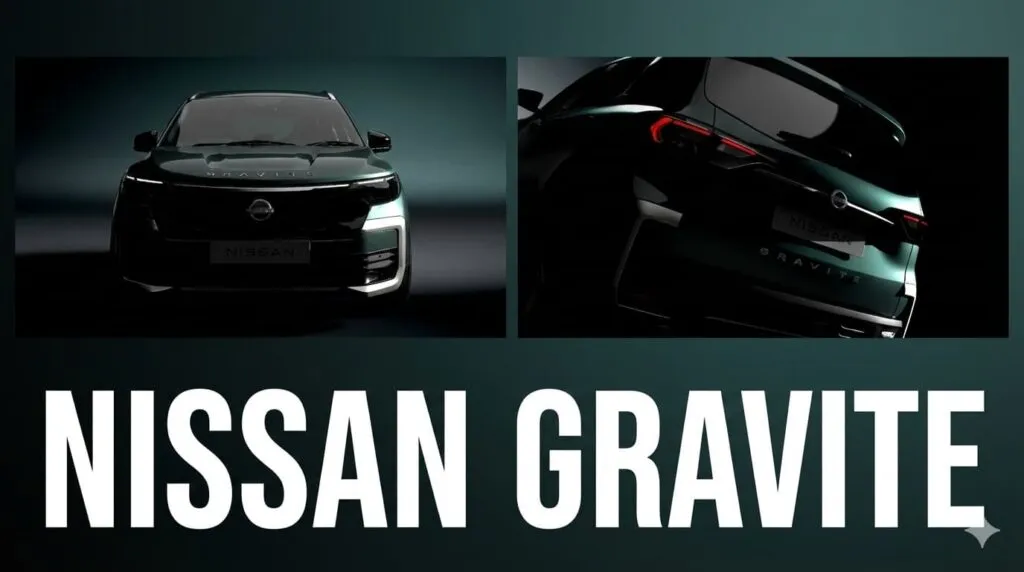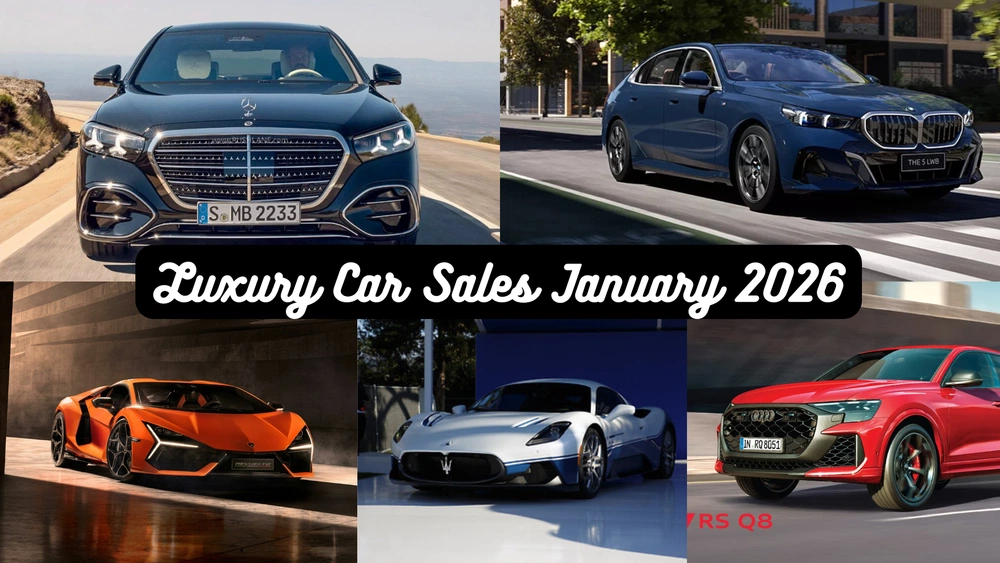Hyundai is looking for Sell Up to 17.5 Stake in India Unit IPO, From Sources
2024-06-17

From sources, India's second-biggest carmaker Hyundai is seeking approval to sell a stake of 17.5% in the initial public offering to investors. The India IPO is aimed at accelerating Hyundai's expansion in a country where it has operated for over 25 years and where its affordable cars like Santro and sports-utility vehicle Creta are popular with Indian buyers.
The sources said, Hyundai plans to issue up to 142 million shares in the IPO, out of a total of 800 million outstanding shares of its India unit to rise to USD 3 billion. Hyundai is going to submit papers for the listing with the stock market regulator as early as Friday and once it is approved Hyundai can list in Mumbai.
Hyundai Motor India Ltd, will not issue new shares in the IPO which will involve its South Korean parent selling part of its stake in the wholly owned unit to retail and other investors via a so-called "offer for sale" route, the sources said.
The issue will be Hyundai's first such listing outside South Korea, with the sources saying the company aimed to raise between USD 2.5 billion and USD 3 billion from the stake sale in the offer.
After listing the dependency of Hyundai Motor India on its Korean parent for funds will be decreased. Hyundai Motor India will be strong enough to take on local rivals such as Tata Motors and also be able to chart its growth plans in a market that accounts for 14% of Hyundai's total global sales.
Moreover, the company is also aiming to set up a charging network and a battery facility and also to sell locally-made electric vehicles in India. Besides all such aims, it is also planning to expand its manufacturing capacity in the country. In its planned filing with the Securities and Exchange Board of India (SEBI), Hyundai was required to list "risk factors" for investors in the IPO and cited its dependence on its Korean parent as well as related party transactions within the Hyundai Group, the sources said.
Hyundai also said that the unavailability or reduction of incentives from the Indian government, currently available to EV makers, could be a potential risk, the sources said.



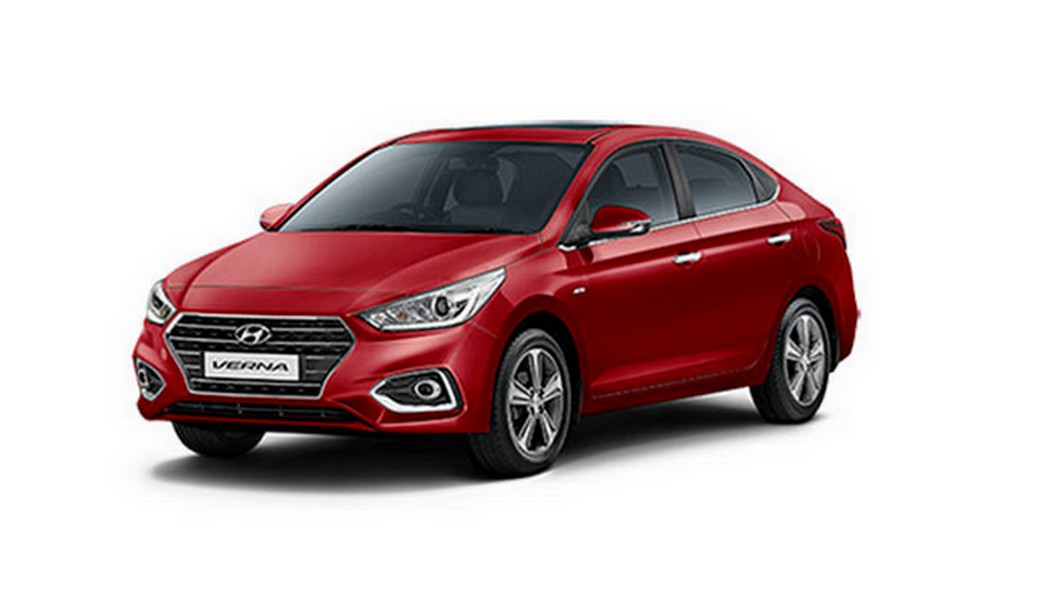
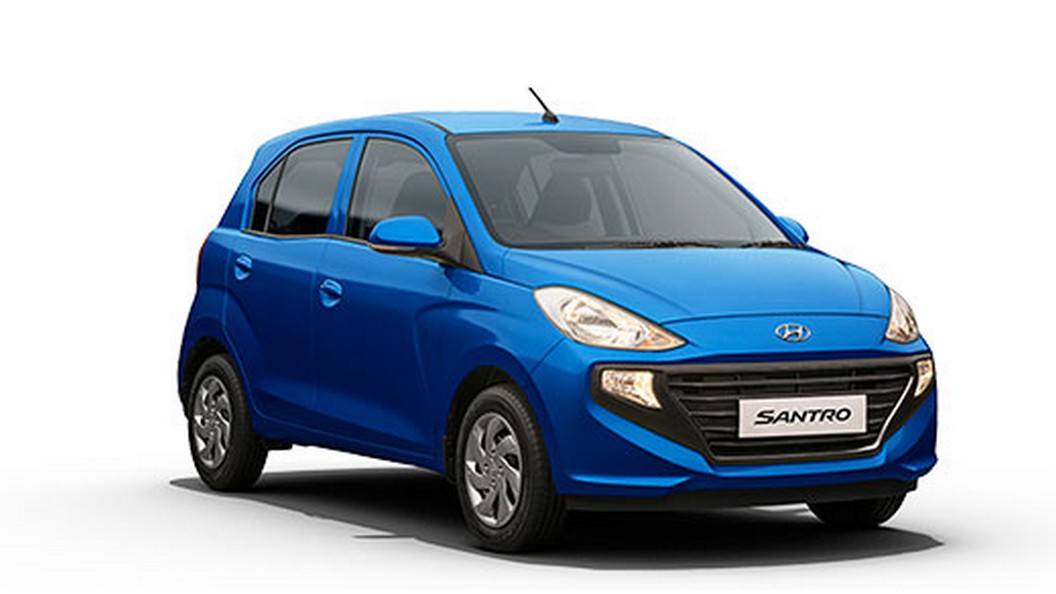

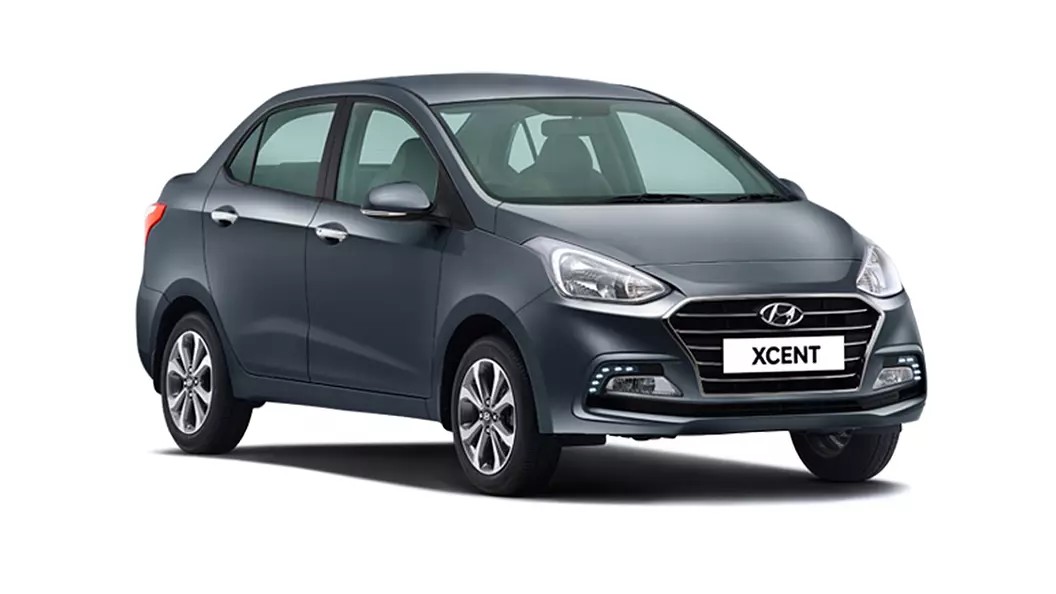
.webp)







